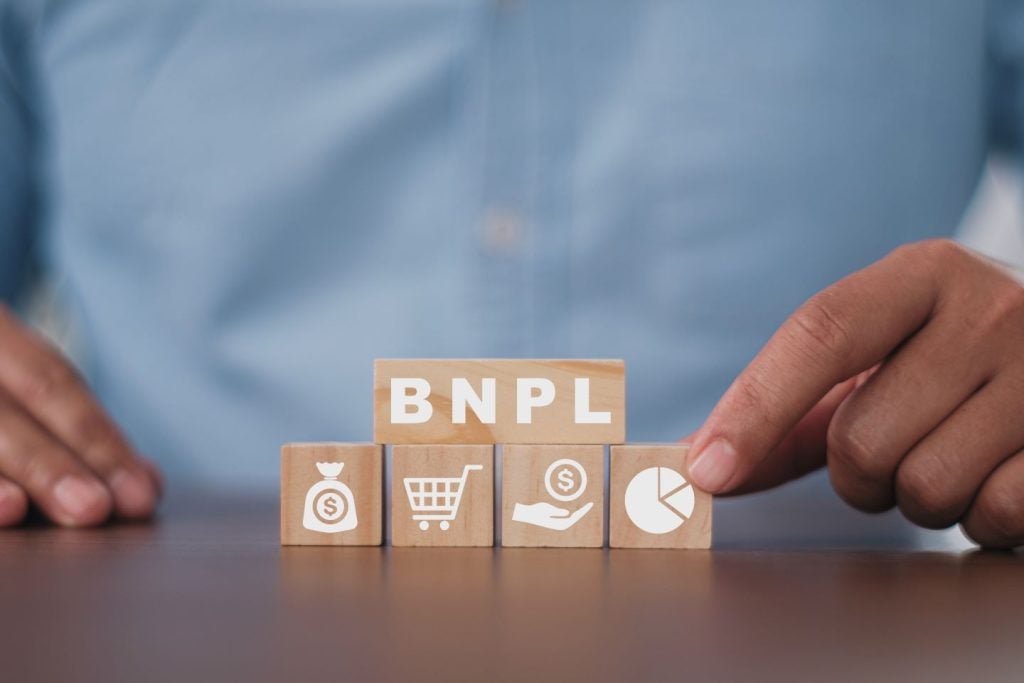The potential end of cash is a complex phenomenon that has far-reaching implications, both in terms of benefits and risks, writes Mohamed Dabo
The drive towards a cashless society shows no signs of slowing down in both mature and emerging markets. But an immediate risk is the possibility that cash-dependent consumers might be left behind in a galloping digital revolution.
That is one of the takeaways of a report released by EY entitled ‘The end of cash’.
100 % of those surveyed for the report based in Asia, the Middle East, Africa, Latin America and Australasia fear that the demise of cash might worsen social exclusion.
Conversely only 38% of European-based respondents and 33% of North American residents express the same concern. Overall, 36% of respondents, regardless of their location, cite social exclusion as the most negative by-product of a cashless society.
Overcoming trust barriers
Potential privacy violation is another source of anxiety about a system that is built on digital identities. How will these be managed and protected? Who will own them? How will they be used?
How well do you really know your competitors?
Access the most comprehensive Company Profiles on the market, powered by GlobalData. Save hours of research. Gain competitive edge.

Thank you!
Your download email will arrive shortly
Not ready to buy yet? Download a free sample
We are confident about the unique quality of our Company Profiles. However, we want you to make the most beneficial decision for your business, so we offer a free sample that you can download by submitting the below form
By GlobalData“Getting this right is critical to overcoming the trust barrier that is deterring some consumers from fully engaging in the digital economy,” says Jan Bellens, EY Global Banking & Capital Markets Sector Leader.
“Despite the proliferation of digital banking options, customers surveyed for our recent series of reports on open banking told us they are wary of sharing data with financial institutions and uncertain of the need for, and benefits of, online banking,” he adds.
Related to privacy concerns are worries about data security. The majority of respondents (52%) said that financial institutions can do more to reassure consumers that their data is protected through increased investment in cyber security protocols.
Bellens agrees that financial institutions play an integral role in the protection of personal data in a cashless society. “Investing in greater cyber security measures and educating consumers on the safe use of digital payments will help build the trust necessary for more widespread adoption of cashless payment options.”
Areas of concern
He notes that markets with the toughest laws, such as the UK, tend to have the most skeptical customers. “The ability of financial institutions to inspire trust through innovation in cashless solutions may be a more effective way forward.”
Other areas of concern invoked by participants include increased likelihood for cyber risk (20%), potential for mass outages (20%), greater government control (14%), and costs borne by the business sector (8%).
The prognosis is not all gloom and doom, however, and the volume of non-cash payments are rising worldwide, driven by developing markets.
Respondents everywhere rank convenience (39%) and financial crime prevention (36%) as the biggest advantages of a cashless economy.
Reducing crime
Digitising all transactions could help bring about these benefits as well as greater accountability and reduction in black-market activities.
Respondents express little doubt about the inevitability of the cashless economy—or its imminence. 96% of respondents believe that digital payments will be the dominant form of payment in 2030.
Of that figure, 59% believe mobile payments will be the most common, with 31% choosing biometrics, including facial recognition, fingerprinting and retinal scanning.
Of the respondents themselves, 23%, the majority of whom reside in Europe, said they had gone completely cashless. But almost half of the respondents (49%) were carrying up to £50 in cash. And 27%, including all residents of Latin America and Africa, reported they were carrying more than £50.
Consumer enthusiasm is cited by 36% or respondents as the most effective way to achieve a cashless economy. There is however interesting geographical differences in this regard.
Regional variations
Asia-based respondents report that industry bodies and governments (36%) should address concerns around trust and security, as well as regulate the practices of non-banks such as peer-to-peer (P2P) lenders and cryptocurrency traders.
However, about half (45%) of their European counterparts say consumer adoption is the most important factor, hinting that while greater options may become available via PSD2 and Open Banking, the responsibility will rest on the public to embrace new forms of payments.
In spite of these differences, Bellens notes, cashless transactions are increasing. “And financial institutions have an opportunity to work closely with businesses, fintech companies and government bodies to provide payments that are efficient and safe, while supporting financial inclusion,” he says.
“Markets around the world are transitioning to cashless transactions at different rates as regulatory discussions, consumer buy-in and technologies vary by region,” Bellens adds.
In the end, Bellens does not foresee a globally connected cashless society anytime soon. “Would a cashless economy be truly global – allowing for transactions to flow seamlessly across borders? The evidence suggests this may not be easily achieved.”
Such a smoothly running global system, he says, “is likely years—or decades—away.”







